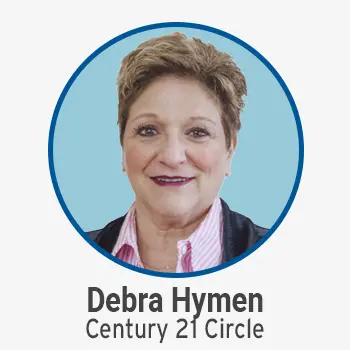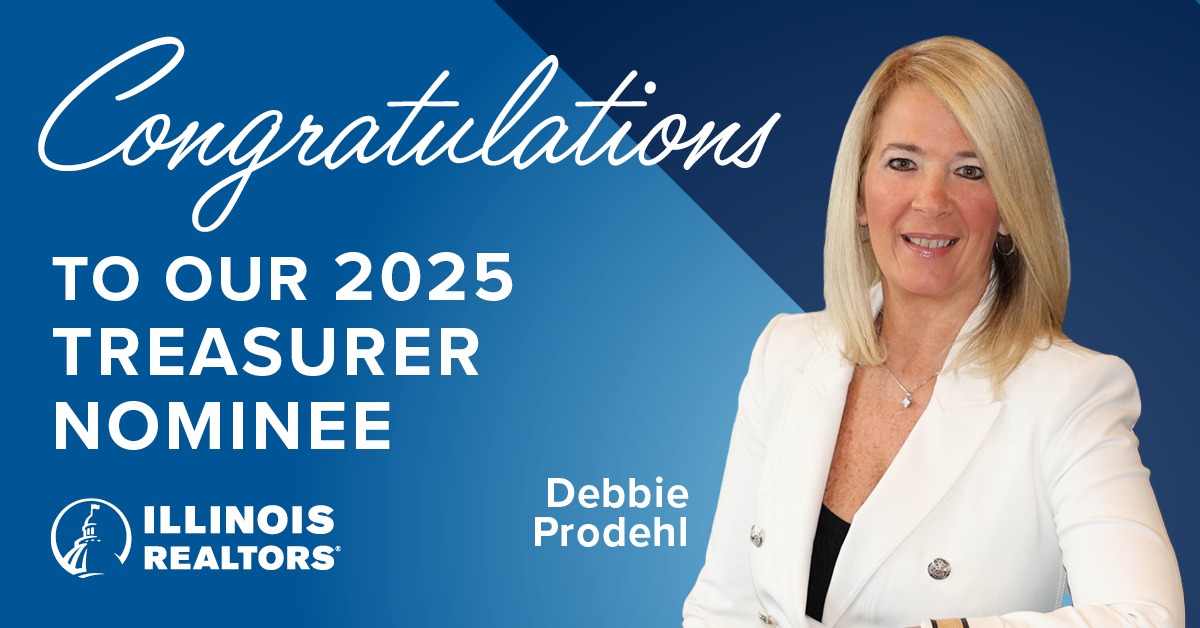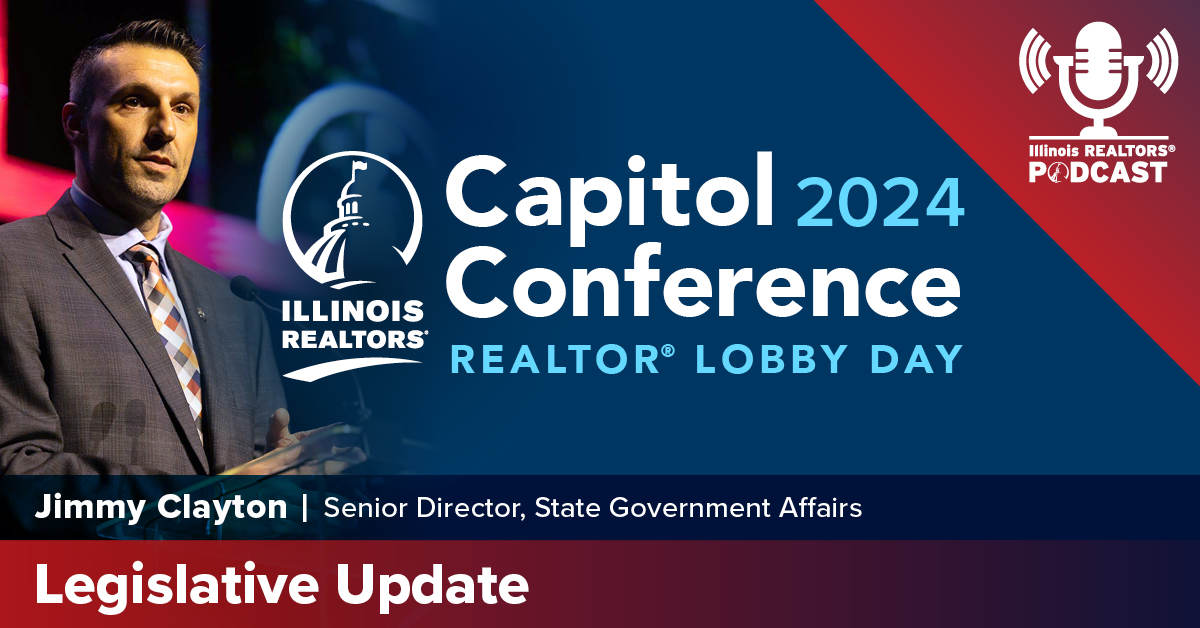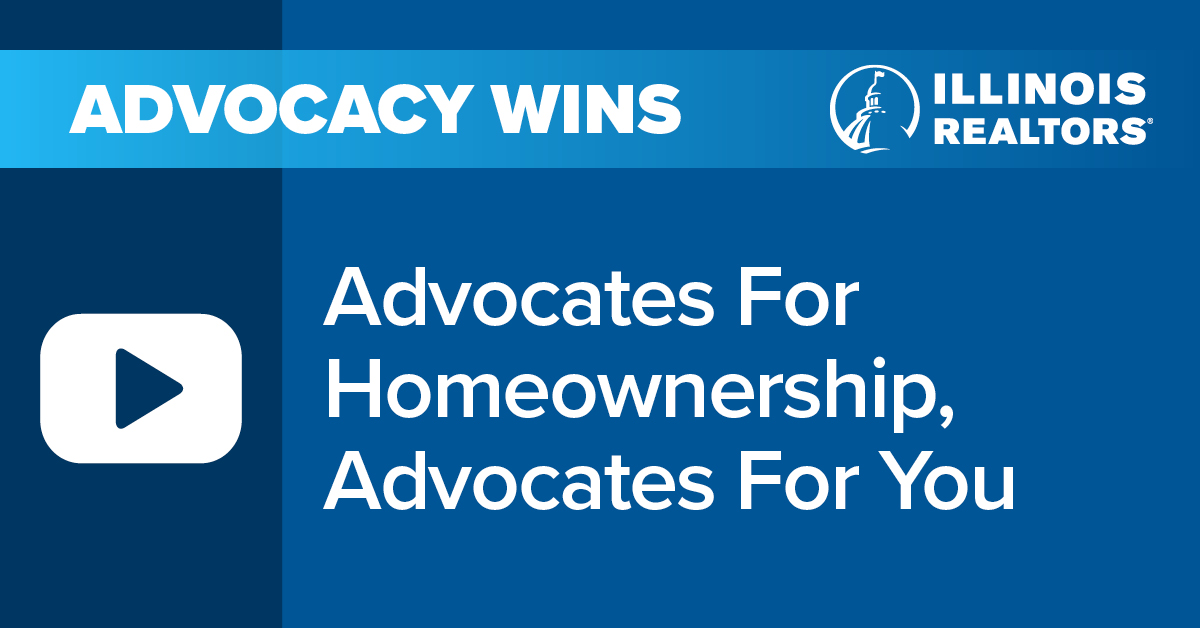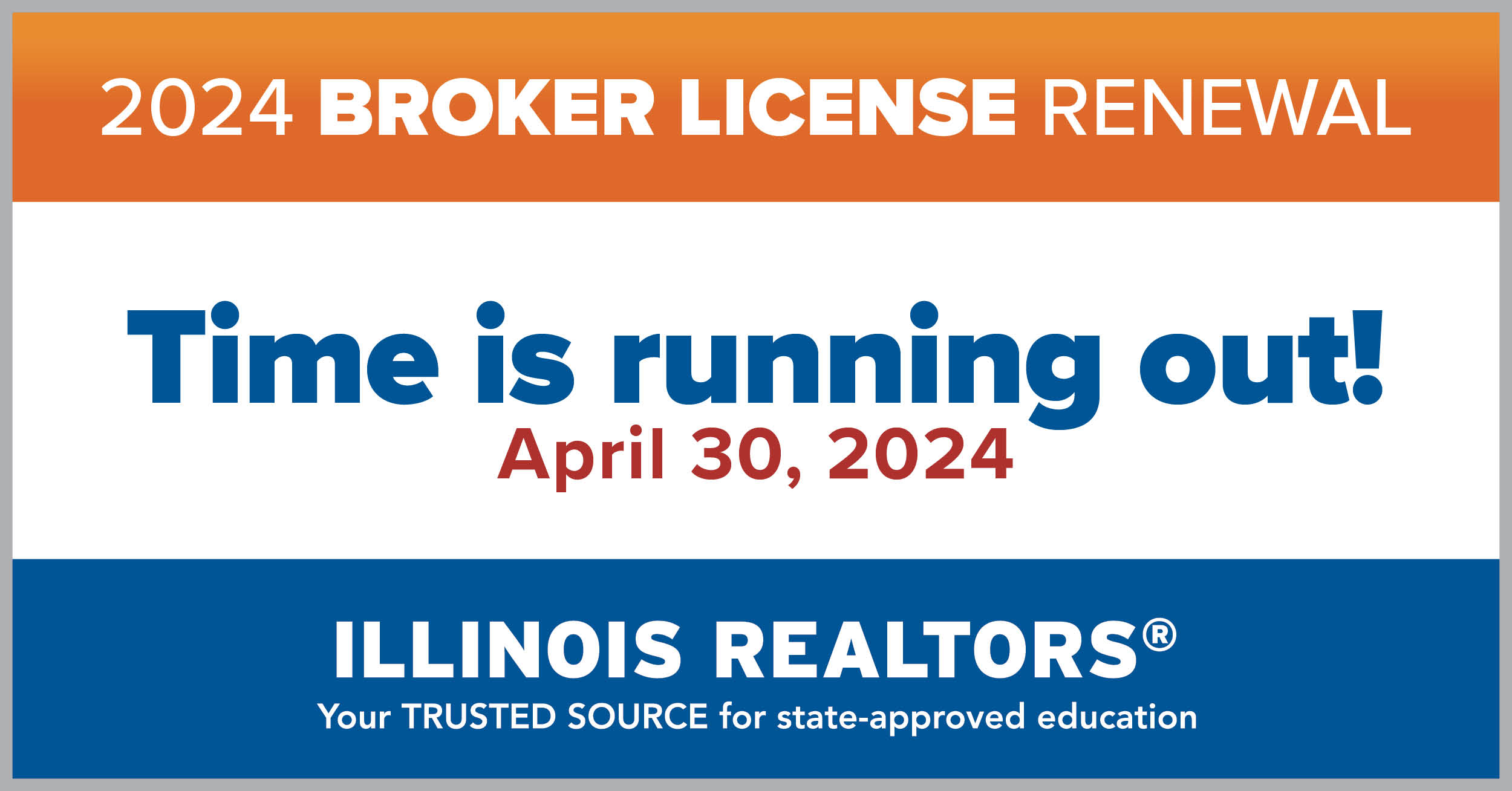Financial planning for the end of your real estate career doesn’t have to make your head hurt, but it does require a plan.
Illinois REALTOR® and trainer Chris Read recently conducted a webinar for the National Association of REALTORS® Center for REALTOR® Financial Wellness on how to approach winding down a business. The topic is one that many REALTORS® don’t pay enough attention to, particularly because of the nature of a business where many are independent contractors.
“You should be thinking at the beginning of your career what’s going to happen at the end of your career,” Read advises.
Read sat down at the NAR Conference & Expo in San Francisco to discuss tips on getting ready to transition out of the business. She talks about the need for a financial planner, succession planning and valuation of a REALTORS® business.
Above all, Read suggests that to be successful, REALTORS® need to be strategic about financial and retirement planning.
Full transcript below:
Jon Broadbooks: Hello and welcome to the Illinois REALTORS® podcast. I’m John Broadbooks with Illinois REALTORS® and today we’re talking about the future and more specifically we’re talking about your financial future if you are a REALTOR®.
Most REALTORS® are independent contractors and that means they often face complex issues when it comes to personal finances. For an independent contractor winding down a business can be more difficult than it would be for someone who might fall in the category say of a typical employee, employer relationship. Realizing this NAR has established the Center for REALTOR® Financial Wellness which has a goal of helping members prepare for the day when they retire or they sell their business.
Joining us today is Chris Read who is a very familiar face and voice to many Illinois REALTORS®. She is the CEO of CR Strategies LLC and provide specialized REALTOR® training to practitioners nationwide.
She holds a multitude of designations and certificates that are really too many to mention here but just for the highlights they include CRB, CRS, GRI, SRS, SRES, and she also holds the CRETS designation which stands for Certified Real Estate Teams Specialist. NAR has recognized Chris’s expertise and asked her to host a webinar on succession planning for those with the firm. That’s why we’re so glad to have her with us today from the NAR conference in downtown San Francisco. Chris Read thanks so much for being on the podcast.
Chris Read: Thanks for asking me.
Jon Broadbooks: Chris, why are REALTORS® so often ill prepared for retirement?
Chris Read: I think it’s a case that they don’t want to plan ahead, that they’re in the moment type of individuals, they’re independent contractors, their commission payouts are not as consistent as what might be a regular employee. So that in itself makes retirement and planning ahead an additional obligation that they have to put into their planning processes.
Jon Broadbooks: So why should you take the plunge and address your retirement? I mean, even if you’re relatively young you probably should be thinking about it but I’m betting most people just don’t do that.
Chris Read: Well, you work hard at this business. Somebody who spends years, months, years, decades in building up a career and when you get to the point of thinking about retiring for financial stability for an ongoing, I mean when we’re talking about succession sometimes people want to, their business to continue, their company to continue where they want to turn over and let new leadership takeover and their legacy is going to continue. So, yeah you should be thinking about, at the beginning of your career, thinking about what’s going to happen at the end of your career.
Jon Broadbooks: Does this planning have to be done all at once? Can you step into it? What’s the best way to approach or does it depend on where you are in your career?
Chris Read: How does one do it? Carefully I should answer. And my tagline is for success on purpose strategically thinking about something and I guess I could apply that to this as well. Strategically planning ahead, having some thought to how to go about it, definitely getting the advice of a financial advisor would in early on in your career would be a huge benefit so that you have a direction, you have a plan, in what area you want to be investing in in order to have that financial stability to protect your assets at the end of your career that you’ve built up during your career.
Jon Broadbooks: So what are the biggest areas where you see that the issues tend to crop up? I imagine it’s more than just setting aside money for your retirement. There are probably a lot of other things that come into play here.
Chris Read: Well, like I said as far as your commission you have the, as an independent contractor your commission payouts are not as structured as you’re an employee but also as far as some of your retirement plans like some of the IRAs for example or some of the 401ks are matched by an employee. But guess what? They have 401ks that a self employed person, which an independent contractor would fall under underplay, can be contributing. And these of course are all pre tax dollars that will go towards … When you’re just starting out when you’re 35, 45, 55 you’re maybe not thinking about it but with that planning it’s a huge benefit to someone who has set that up at an early stage in their career.
Jon Broadbooks: I think almost anybody fears that one thing that’s just going to make your head hurt. And so, I guess the question is for succession planning or if you’re planning on getting, winding down your business does it have to be complex?
Chris Read: No, it does not. I think a little bit of planning ahead as far as where you’re at, what kind of a business [inaudible 00:05:12] And this webinar or that I did for NAR I’m dealing with both individuals, brokerages, as well as teams. I mean those are three different segments but in the commonality of that is what’s the end result? Is it, do you want to sell your business and walk away from it? Do you want residual income from it? How can you protect the business? So you need to think about what your long-term goals are. Where do you want to be a year from now? Where do you want to be five years from now?
So that’s part of that strategic thinking process that just getting away from the everyday grind and saying, “Okay, I mean put it into a business plan.” And how are you going to do it? How are you going to exit? Do you want to continue the legacy that you’ve built up on your company, on your team, on your individual business? And how can you protect, have some financial stability, protect your assets, and as well as make things easier on first date planning as well? A lot of people have a will but the difference between a will and estate planning are two different things. And that’s again where having an advisor, a financial advisor guiding you in it can simplify it so that your head won’t hurt.
Jon Broadbooks: Chris do you recommend getting a financial advisor or is this something that the average person could take on themselves?
Chris Read: No, I absolutely, absolutely, I encourage. We’re REALTORS®, we can answer any questions about selling real estate, that’s our expertise. And just like we don’t think it’s a good idea for individual owners to try and sell their property on their own because they don’t have the same skills that we do it’s the same thing. You’re dealing in an area that you don’t have the skills on and you’re going to save yourself a lot of aggravation and in the long run it’s going to be a much better plan by bringing in a financial advisor to help you.
Jon Broadbooks: Let’s say you’ve made the decision that you’re going to exit your business. What affects the dollar value of your business if you’re looking at making the transition and trying to come up with the valuation for it?
Chris Read: Well again, are we talking about an individual, are we talking about a brokerage, or are we talking about a team? In all cases what is the value of the business right now? I mean there are ways to come up with to put a price tag on whether it be a brokerage, whether it be a team, whether it be your database if it’s an individual. And a lot of that has to do with what’s your profit? So, having profit statements, having the data, having records, good records, if you’re going to try and sell your business that will go a huge long way in coming up with an expert coming in and saying, “Here’s the value of your business.”
Jon Broadbooks: So, let’s say Chris that you’re a practitioner, you’re looking to retire, maybe get out of the business, you want to move to Florida or someplace warm, what are some of the things you need to do to make sure that you would have some sort of residual income?
Chris Read: For an individual the most important value that they have is their database. Now, when I say a database it’s not just a list of a thousand names. Is it an active database? Is it a database that these are individuals that definitely would recognize an individual’s talents and would come back to them to buy, to sell, to rent or whatever? So what can you do with that? Well, you could sell it outright to an individual. Or maybe I tell you I’ll give you an example of the absolute, what I termed as the absolute phenomenal exit strategy.
Individual top producer was getting buried, she brought on an assistant and this assistant was helping as the individual was growing the business. And I’m talking this was 20 years prior to her exit all right. So the assistant came on and as the assistant became more and more involved and all of a sudden now the assistant becomes licensed and wants to take on more. Now they’re working together as a partnership type of situation.
And then the, and the original top producer starts saying, “Oh yeah, I do want to go on vacation.” They bought a property down in the warm country. And this licensed assistant now could take over for them while they were gone. Well, it wound up the reverse. When that licensed individual came on the top producer would hand her something and maybe she’d pay her a referral fee for helping out. Well, at the end of the career of the individual she was getting a referral fee because it was somebody that had come in from her database and now that agent, that licensed assistant that came up the ranks. And so this was a five year plan, it was the ultimate exit strategy in my mind.
Jon Broadbooks: And that’s the gold standard you should be looking at really five years out.
Chris Read: But it doesn’t have to be. I mean if you don’t have that type of a situation I mean, what’s wrong with somebody says, “Okay, I want to retire next year.” Fine, let’s look around. Let’s look for an individual to partner up with. Choose someone that has the same core values that you do, the same level of customer service, and can take care of your clients in the same manner that you would. And set up a residual income and continue to market.
Obviously market yourselves as a partnership and maybe you’re involved, maybe you’re down in Florida, obviously you’re still licensed because if you’re going to be partaking in a transaction you have to be licensed but I mean that could be an exit strategy. That could be two years, three years, whatever. Individualized setup, but it’s a strategy. It’s not just, “Oh, I’m going to retire, close up shop, goodbye. I’m not going do anything to maintain some of the financial stability that I’ve built over my career.”
Jon Broadbooks: The bottom line as you said earlier is you have to have a plan.
Chris Read: You have to have a plan but you know what? It’s never too early and never too late to start. If you’re 25, 35, 45, 55, 60 it’s never too early or too late to start planning for your retirement, for your succession, how you’re going to exit. And whether it’s retirement, succession, handing the baton over to someone else depends upon your goals, depends upon what kind of business you have built up in your career.
Jon Broadbooks: We’ve been talking with Chris Read, Illinois REALTORS®, longtime trainer, and our guest today talking about the plan for retirement, and getting out of the business and what you need to do. Bottom line is as she said several times have a plan. I’d call your attention to a presentation she did recently for the Center for REALTOR® Financial Wellness. This is a center that has been set up by the National Association of REALTORS® and you can find her presentation and see several others and get the upcoming schedule of other webinars at nar.realtor where you can search for the Center for REALTOR® Financial Wellness. Chris, thanks so much for being here today.
Chris Read: Thank you Jon.



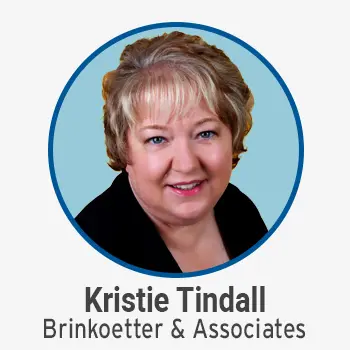
 Create professional development programs that help REALTORS® strengthen their businesses.
Create professional development programs that help REALTORS® strengthen their businesses.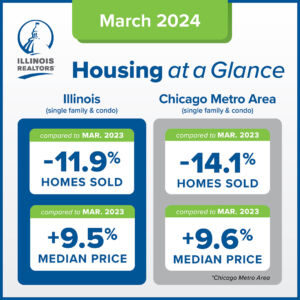
 Protect private property rights and promote the value of REALTORS®.
Protect private property rights and promote the value of REALTORS®.
 Advance ethics enforcement programs that increase REALTOR® professionalism.
Advance ethics enforcement programs that increase REALTOR® professionalism.
 Protect REALTORS® by providing legal guidance and education.
Protect REALTORS® by providing legal guidance and education. Stay current on industry issues with daily news from Illinois REALTORS®, network with other professionals, attend a seminar, and keep up with industry trends through events throughout the year.
Stay current on industry issues with daily news from Illinois REALTORS®, network with other professionals, attend a seminar, and keep up with industry trends through events throughout the year.
